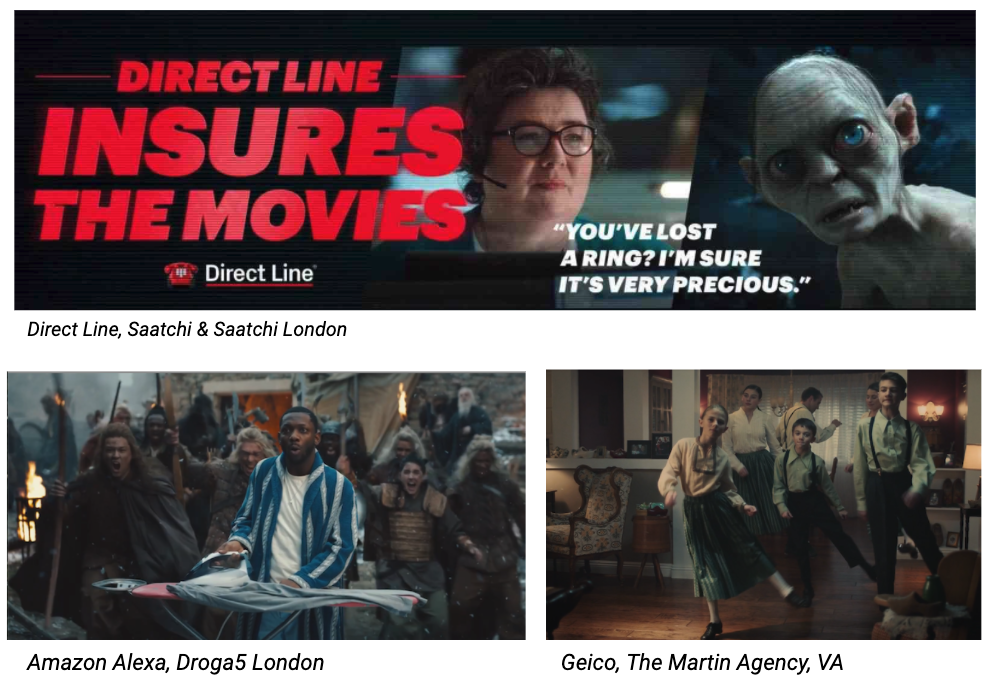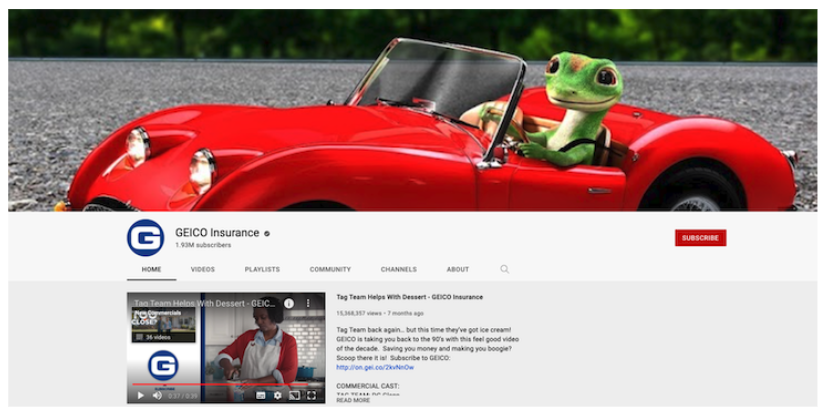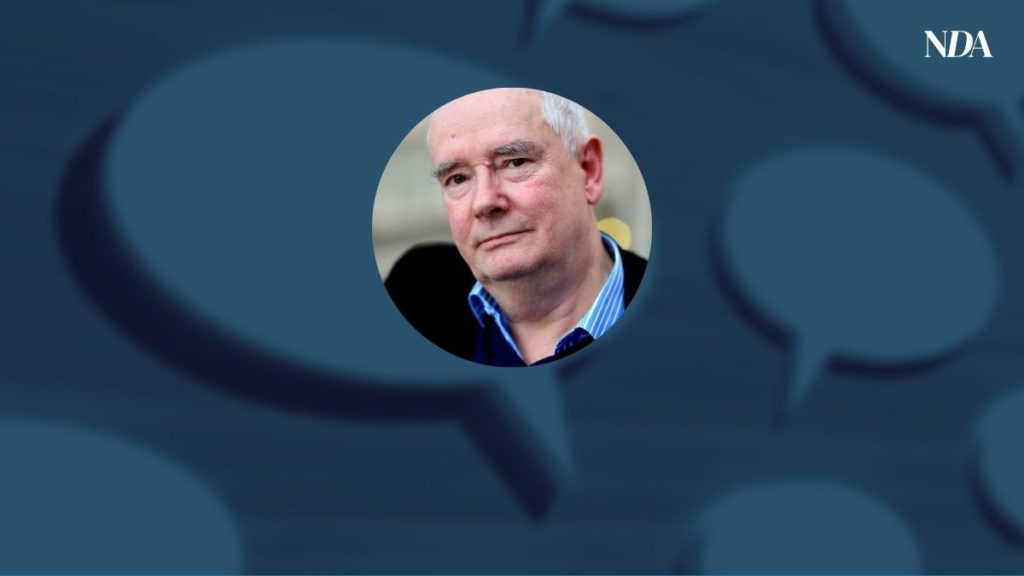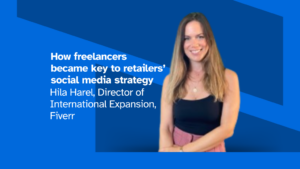By Patrick Collister Executive Creative Director for Ad-Lib.io, Curator of The Caples Awards and Editor of Directory, and NDA’s new columnist.
We are in the middle of the awards season and there’s one extraordinary piece of work from 2020 I haven’t seen honoured in any of the 2021 shows.
I don’t suppose winning advertising trophies is high on Gavin Newsom’s list of priorities. He’s the Governor of California and in April last year he put out a film on Twitter with the message, “Let’s bend the curve by staying home and keeping our distance”.
The 47-second PSA features “Veep” star Julia Louis-Dreyfus as she applies her own make-up, telling viewers her beauty team are all at home staying safe. (HERE) What is amazing about the video is it’s funny. Properly funny.
And that makes it a rarity. Humour seems to be on the retreat in advertising right now.
Trawling through the 982 winners at the Cannes Lions Festival in June I have found three laughs and a chuckle.
The laughs? One, Direct Line’s sponsorship idents; two, ‘Ironing’ for Amazon Alexa (HERE) and Geico ‘Clogging’ (HERE).
The chuckle: ‘The World’s First Baby Marathon’ for Huggies South Africa (HERE). Reports that ‘Can’t Touch This’ (HERE) for Cheetos is faintly amusing have been grossly exaggerated.

This is weird because humour works. And it works especially well in digital. Ask Michael Dubin, whose ‘DollarShaveclub’ video (HERE) allowed him to sell his startup for a billion bucks. (Does that make it the most successful YouTube ad ever, I wonder?)
Meanwhile, ‘Girls Don’t Poop’, two minutes and fifteen seconds of a posh girl cracking poop jokes (HERE) has helped Poo-Pourri accelerate to a valuation of $400 million.

As for Isaiah Mustafa, well, he not only rescued Old Spice from the 1970s, he transformed digital marketing by appearing in over 180 videos on YouTube in response to posts in social media. These personalised messages (my favourite, his video addressed to actress Demi Moore HERE) whacked up sales by 125% yoy.
Admittedly, this was all a decade ago. So what’s changed?
Purpose. That’s what.
Bit by bit brands learned that the internet made them all too visible. Activists didn’t just scrutinise Nike’s sweat shops, McDonald’s ingredients and SodaStream’s facilities in Palestine’s occupied West Bank, they launched boycotts.
If you were a cosmetics business and you tested your products on animals or if you were a fashion house and you thought fur was nice, you were in trouble.
That’s when Unilever’s CEO stepped forward. Paul Polman declared that he wanted to halve the company’s carbon footprint, source all its various ingredients sustainably and have a positive social impact by helping a billion people improve their lives.
This is seriously good stuff.
Good for customers and good for the business. Unilever say their 28 Sustainable Living Brands, those taking action to support positive change for people and the planet, have grown 69% faster than their other (purposeless?) brands, delivering 75% of the company’s overall growth.
Now every company is expected to have good intentions. To such an extent that at the Cannes Lions Festival in June, of the 43 Grands Prix handed out, 34 were cause-related.
By my reckoning, ten were in the area of health and well-being, eight were concerned with the environment, seven with gender issues of one sort or another and three with the racial divide subsequent to the death of George Floyd.
Can you be amusing about any of these things? Why not?
After all, you wouldn’t normally think that insurance could be funny, would you? Yet Geico have nearly two million subscribers to their YouTube channel.
TWO MILLION PEOPLE!!!!! WHO GO VOLUNTARILY TO THEIR CHANNEL TO WATCH COMMERCIALS!!!!
‘Aunt Infestation’ (HERE) alone got 28 million views in 2020.
This is insane. People are supposed to hate advertising.
What’s more, they’re supposed to want to “abandon brands that don’t support their values in favour of those that do.”
And yet here’s Geico laughing all the way to the bank. Their declared underwriting profits for 2020 are reported to be double those of 2019.
For brands still in pursuit of a purpose, just giving people the occasional smile in these turbulent times might be enough.
Just sayin’.










